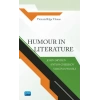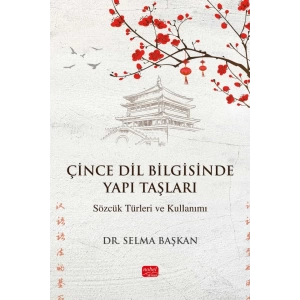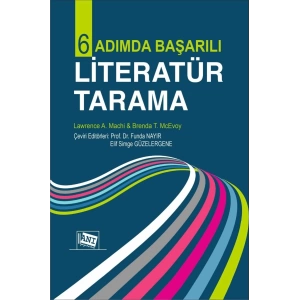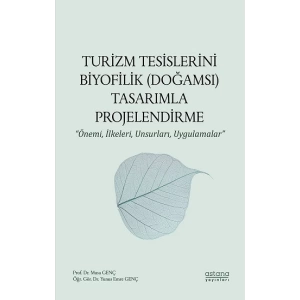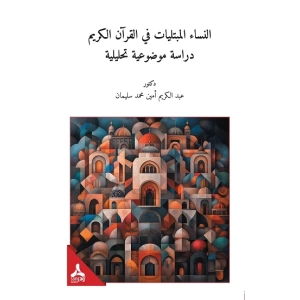In the world swarming with such issues like wars, ecological disasters, and lack of fresh water, famine, child labour and death, gender hierarchies, and serial murderer viruses, maybe the only thing that helps people endure and survive is humour. Humour is an indispensable element of a human life. It is, indeed, some kind of a cure for human beings' survival in a desolate world replete with grand issues that harm people psychologically and spiritually.
Being aware of humour's potential strength to change people's mood, ancient Greek philosophers, literary critics, poets and writers from all ages conceptualised and employed humour in their works. The aim of this study is to provide a brief overview of the concept of humour throughout ages from ancient eras to the modern day. Furthermore, it provides some examples of literary works from English and Russian literature and scrutinises various tools and functions of humour in these works.
A versatile poet of the Restoration period and an heir to Milton's talents, John Dryden (1631-1700) exhibits his confidence in an employment of humour in his works. Dryden draws political portraits through his refined technique and supreme control of verses.
Russian literature cannot be defined without Anton Chekhov (1860-1904), an unfortunate doctor with a great talent to produce short stories and plays. Although Chekhov's plays have become milestones in realist theatre in the West, his most memorable contribution to Russian literature was his prose fiction. Despite the framework of social issues in his short stories, Chekhov appears to entertain readers by his unprecedented ability to convey his sense of humour.
Goaded by the restricted condition of denigrated women in her community and throughout the world, Virginia Woolf (1882-1941) addresses the whole world by aspiring to represent women's voices. Despite the pervading hue of feminism and depression in her works, Woolf sometimes includes a breath of humour in some of her works.



